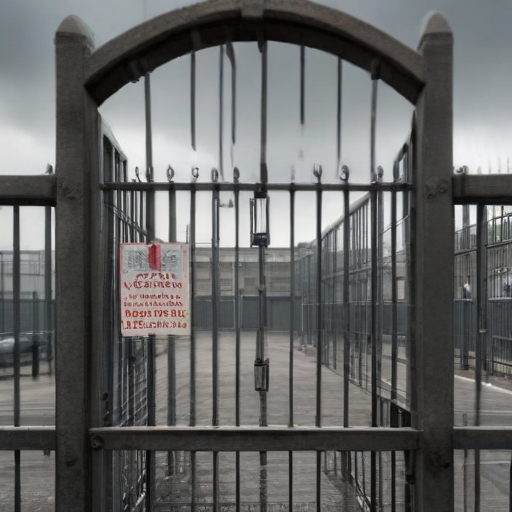Susan Smith, the South Carolina woman who infamously admitted to drowning her two sons almost three decades ago, was denied parole on Wednesday during her first hearing. Smith pleaded for mercy, expressing deep remorse for her actions. “I know that what I did was horrible. And I would give anything if I could go back and change it,” she stated emotionally in a Zoom call with the parole board.
On October 25, 1994, Smith, then just 23 years old, carried out the tragic act of strapping her infants—3-year-old Michael and 14-month-old Alexander—into their car seats before rolling the vehicle into a nearby lake. Initially, Smith fabricated a story about a Black man kidnapping her sons, leading to a widespread search and a public plea for their return. However, her deception unraveled on November 3, 1994, when she confessed to the crime.
During the parole hearing, members of the board highlighted how Smith’s actions diverted crucial law enforcement resources during the frantic search for her children. When asked what she would say to those involved in the rescue efforts, Smith expressed her sorrow, saying, “I’m sorry that I put them through that.” She emphasized her faith, affirming that God has forgiven her, yet acknowledged the gravity of her actions.
David Smith, Susan’s ex-husband, spoke passionately against her release, stating, “This wasn’t a tragic mistake. … She purposely meant to end their life.” He conveyed that the trauma she inflicted on him is profound and lasting, with his current wife echoing his sentiments. “Michael and Alex didn’t get a chance at life. They were forced the death penalty,” Tiffany Smith remarked.
Prosecutor Tommy Pope also urged the board to deny parole, asserting that Smith has always centered her perspective around herself and that she made a conscious decision to prioritize personal desires over her family. He suggested that she had not yet faced adequate punishment for her crime.
Smith has previously faced disciplinary issues in prison and her attorney cited mental health concerns during the hearing. He argued that her actions were indicative of untreated depression stemming from trauma in her past, and noted that she has no prior criminal record. Should she be granted parole in the future, she would reside with her brother.
This case serves as a stark reminder of the profound impact mental health can have on individuals and families. While the parole board’s decision reflects the lasting pain and grief inflicted on the victims’ families, it also sparks dialogue about the importance of mental health awareness and support systems for those in distress.
The goals of justice are complex, balancing accountability with compassion for underlying issues, and it will be crucial for David Smith and others to continue advocating for awareness and healing in the wake of such a heartbreaking episode.
